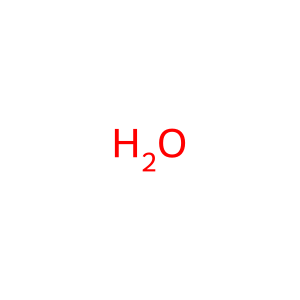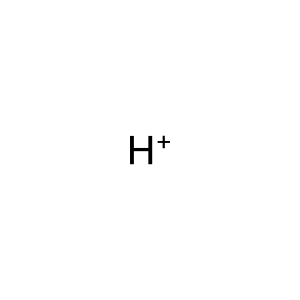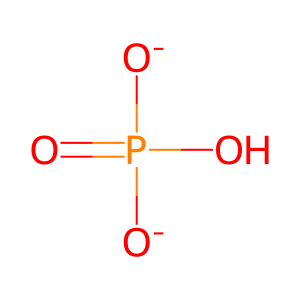Reaction: NTPDase2 hydrolyzes nucleoside triphosphates
- in pathway: Phosphate bond hydrolysis by NTPDase proteins
NTPDase2 (CD39L1), encoded by the ENTPD2 gene, is an ectonucleoside triphosphate diphosphohydrolase that is expressed at the plasma membrane where it hydrolyzes extracellular nucleoside triphosphates (ATP, GTP, CTP, ITP, UTP) to the respective nucleoside diphosphate (ADP, GDP, CDP, IDP, UDP) in the presence of Ca2+ of Mg2+ ions. NTPDase2 is only marginally active in hydrolyzing nucleoside diphosphates, such as ADP and UDP (Kegel et al. 1997, Kirley et al. 1997, Mateo et al. 1999). The alpha splicing isoform of NTPDase2 is expressed at the plasma membrane, while beta and gamma isoforms are expressed in the endoplasmic reticulum (Mateo et al. 2003). NTPDase2 may oligomerize and the oligomerization state may affect substrate specificity (Failer et al. 2003).
NTPDase2 may contribute to vascular hemostasis by exerting an opposing role to NTPDase1 (Sévigny et al. 2002).
Reaction - small molecule participants:
H+ [extracellular region]
Pi [extracellular region]
H2O [extracellular region]
Reactome.org reaction link: R-HSA-8851089
======
Reaction input - small molecules:
water
Reaction output - small molecules:
hydron
hydrogenphosphate
Reactome.org link: R-HSA-8851089



